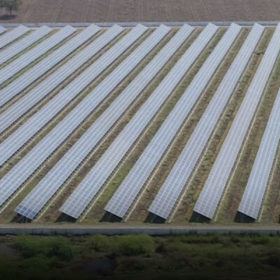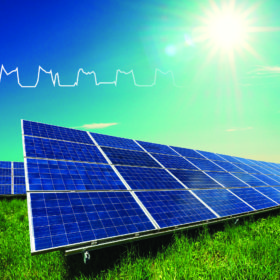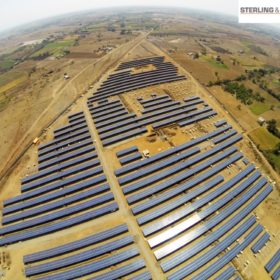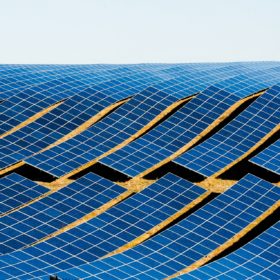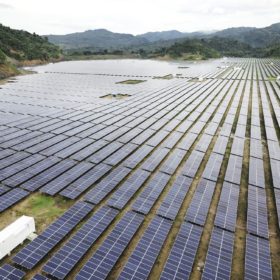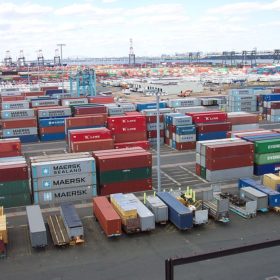Solar developers take 700 MW retender issue to APTEL
Tata Power, TEQ Green Power, and Vena Energy Renewables Urja have approached the Delhi-based Appellate Tribunal for Electricity (APTEL) seeking interim relief against the Gujarat Electricity Regulatory Commission’s order allowing retendering of the awarded solar capacity.
CERC calls for proposals to study useful life and CUF of solar projects
The regulator has sought a detailed study after it received requests for reconsidering the useful life and capacity utilization factor (CUF) of solar projects as notified in draft regulations 2020.
Six Indian firms among top 36 in solar developer ranking
Acme Solar ranks eighth with 2.556 GW of cumulative generation capacity to date, and Adani Green Energy (2.421 GW) ninth in the list, which has First Solar and Canadian Solar on top. Azure Power, Tata Power, Greenko Energy and NTPC are the other Indian developers among the top 36.
India’s solar future: Domestic first, international second
The International Solar Alliance signals India’s hope to be a global competitor in emerging technologies and cement its place as an institution builder. But how does India’s vision translate into domestic policy? Has India led by example?
IEEFA: Why India can’t match the Gulf region’s record-low solar tariffs
India’s solar tariffs—whilst some of the lowest in the world—are almost double the Gulf region’s US¢1.35-1.80/kWh.
Developers want customs duty on solar panels deferred
The Solar Power Developers Association (SPDA) said one-year safeguard duty extension had already resulted in escalated capital costs. Any additional tariff barriers would jeopardize the Government’s ‘100 GW by 2022’ target.
Manufacturers want 50% basic customs duty on solar imports
India imported solar cells and modules worth $1.3 billion from China in FY2019-20. Domestic manufacturers have demanded a level playing field to compete against cheaper imports.
Under-construction solar projects get a five-month blanket extension for completion
In March, the government said delays in renewable energy plant construction on account of Covid-19-prompted supply chain disruption would be considered a force majeure event.
Safeguard duty on solar cell imports extended by a year
The import duty will be levied on Chinese, Vietnamese and Thai solar cells – whether assembled into modules or not – at 14.9% from today and falling to 14.5% in six months’ time. Malaysian products are exempted as their imports have fallen dramatically since the duty was imposed, in July 2018.
Safeguarding duty extension fails to win over manufacturers
The investigating arm of India’s commerce ministry has proposed continuing to apply the duty levied on solar cell imports from the east at a rate of 14.9% from July 30 and falling to 14.5% six months later.
